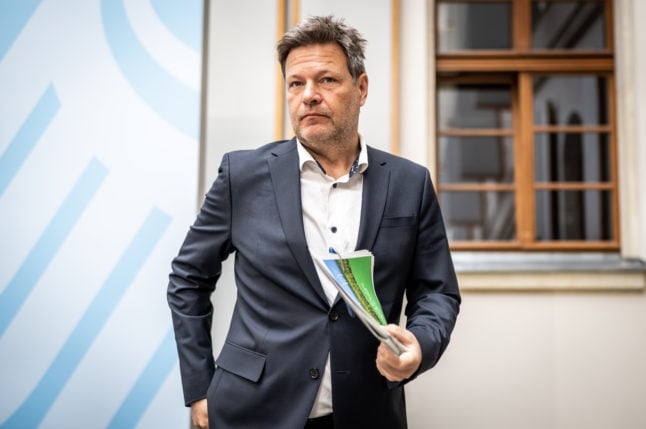Energy Minister Robert Habeck said the Bundesnetzagentur energy regulator would become the trustee of Gazprom Germania until September 30th.
“The government is doing what is necessary to ensure security of supplies in Germany, and that includes not exposing energy infrastructures in Germany to arbitrary decisions by the Kremlin,” Habeck said.
The move comes after state-owned Gazprom unexpectedly said it was withdrawing from Gazprom Germania last Friday, without disclosing a new ownership structure.
The German unit holds several key energy assets, including natural gas supplier Wingas, which has a market share of around 20 percent in Germany, gas storage firm Astora, a London-based trading arm and other foreign subsidiaries.
The German government made the decision to step in because of the current “unclear” legal structure behind Gazprom Germania and the mother firm’s failure to comply with the obligation to inform German authorities of ownership changes, the minister said.
READ ALSO:
- Germany examines Russian gas payment terms as supply fears grow
- What would Germany do if Russia cuts off the gas supply?
Under German law, the government has the right to examine transactions involving non-EU firms deemed systemically relevant.
Habeck said Gazprom Germania operates “critical infrastructure” in Europe’s biggest economy.
Under the interim arrangement, voting rights in Gazprom Germania will be transferred to the Bundesnetzagentur.
The energy regulator will also be allowed to dismiss management members and appoint new ones, as well as “take all necessary measures to guarantee supplies”, Habeck said.
Germany has backed sweeping Western sanctions against Moscow over its invasion of Ukraine.
But because of its heavy reliance on Russian energy imports, Berlin has so far resisted pressure to boycott Russian oil and gas.
Those calls have grown louder at home and abroad however following recent allegations of atrocities committed against civilians in the Ukrainian town of Bucha.
EU antitrust investigators last week raided the German offices of Gazprom, on suspicion the Russian state gas giant had illegally pushed up prices in Europe.



 Please whitelist us to continue reading.
Please whitelist us to continue reading.
Nothing communistesc about this.